A stooge account is a personal bank account that is lent, rented, or sold to criminals for the purpose of money laundering. Crime syndicates take money obtained from illegal sources like drugs and trafficking – referred to as ‘black money’ – and ‘wash’ it through the system to convert it to a clean or ‘white money’, thereby avoiding prosecution, conviction, and confiscation of the criminal funds.
Although it might seem like easy money, allowing others to use your account for such purposes is highly illegal, making you an accomplice to these crimes, and liable to prosecution. NEVER GET INVOLVED
MAKING THE DECISION to leave family and loved ones behind in pursuit of a better life as a migrant worker is never easy. Once abroad, the challenges can be relentless: homesickness, loneliness, and stress can all take their toll.
The financial burden of paying back debts, children’s tuition fees, or covering unexpected family emergencies, can cause feelings of anxiety and desperation, summed up by the Filipino expression, ‘kapit sa patalim’ – directly translated as ‘holding onto the blade of a knife’ – a colourful description of the drastic measures people may reluctantly turn to in moments of hopelessness.
Sadly, these factors can make migrant domestic workers (MDWs) targets for unscrupulous criminals, who lure them into using their personal bank accounts with promises of love and/or money. Once the criminals have control over their accounts, referred to as stooge accounts, these individuals often become unsuspecting and unwilling accomplices in the crime.
In an enforcement operation, 18 people were arrested for laundering over HKD 35 million in crime proceeds through at least 33 stooge bank accounts. Thirteen of the women arrested were MDWs holding stooge bank accounts, while the other five were key members of the money laundering syndicate.
According to officers, the syndicate started recruiting stooge accounts in 2021, paying the account holders HKD 1,000 to HKD 2,500 per account, which included the use of their ATM cards and passcodes. Those falling victim to these scams are instructed to wire money to these stooge accounts; to confuse police and authorities, the syndicate then withdraws money from ATMs after performing a large number of transactions.
Crime syndicates scour social media platforms looking for vulnerable individuals to act as their money mules, often claiming it is “safe and legal”, when in fact their intentions are much more sinister, often accessing personal data and utilising it for illegal purposes.
When the police came knocking on her employer’s door one day, Lili found her life and a close friendship suddenly turned upside down. “I was so scared because I didn’t know that my best friend was doing something illegal with my bank account,” Lili shares. “When they took me to the police station, I told my employer and the police the truth – that I did not receive any money in exchange for my bank account and I had no clue she was using it to transfer illicit funds.”
Luckily, Lili’s employer gave a statement to the police that she was a good, honest worker who was new to Hong Kong and had never encountered this type of crime before. Lili was released, but she was required to report back to the police station several times over the next few months. “The experience has taught me a valuable lesson,” says Lili. “My advice to my fellow domestic workers is to not trust anyone with your personal bank account, even if you think they are your friend.”
Lili’s is a cautionary tale, to always be wary of offers that seem too good to be true or involve unusual requests, such as handling or transferring funds for a stranger. Be wary of anyone trying to build trust under suspicious circumstances, such as those being overtly attentive or offering monetary gifts to entice you into friendships or relationships. Never give your personal account information to anyone or offer use of your account to others.
Stay educated about the risks and tactics used by scammers and be vigilant for any signs of fraudulent activity in social media and messaging apps; the Anti-Deception Coordination Centre (ADCC) of the Hong Kong Police Force have many online and app resources to keep you armed with important information against this kind of criminal activity, or you can call their Anti-Scam Helpline on 18222 for consultation services around the clock. If you suspect that you have fallen prey to a scam yourself, please report the case at the nearest police station.
If you are facing financial difficulties, you can reach out to non-governmental organisations like Enrich HK and Uplifters, who offer free advice and financial literacy resources to MDWs. Learning how to manage your finances not only helps to ease anxiety, but ensures you are making the most of your salary to cover the important things.
Culturally, many MDWs are considered the main breadwinners who provide for their families back home, so informing loved ones of financial issues can seem difficult. But letting them know you are struggling can provide you with vital mental and emotional support through the tough times and help to avoid instances of kapit sa patalim.
Money laundering stats
· According to the Hong Kong Police crime figures, between 7th and 25th August 2023, a large-scale arrest operation was mounted where:
· 458 people were arrested
· 314 money laundering-related cases were detected covering multiple different disciplines, including online shopping and employment scams, telephone deception, romance scams, and gambling-related offences
· Suspected criminal proceeds from the operation amounted to over HKD 470 million




















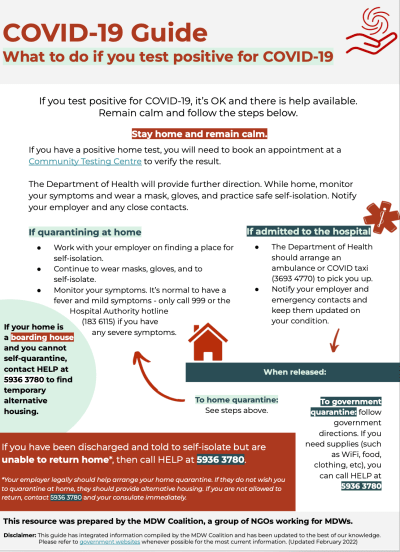



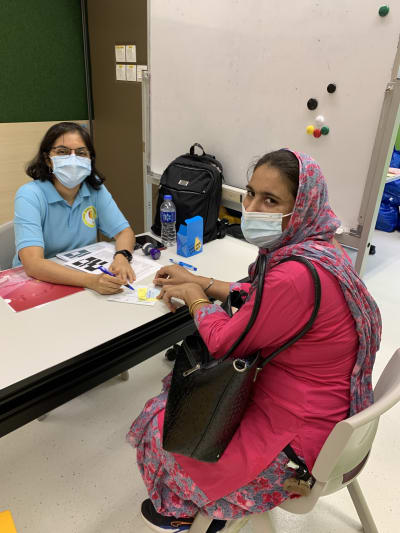





9dde49c3be6bac6166d59fb7abf39532)







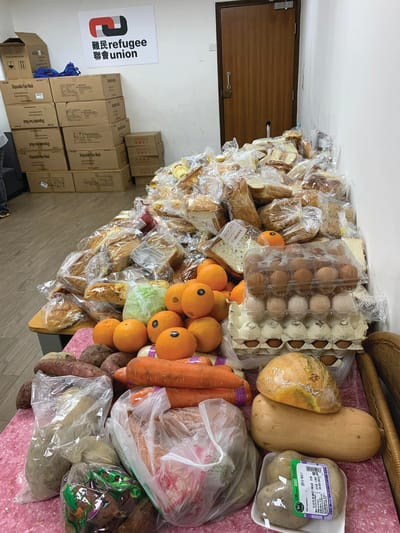








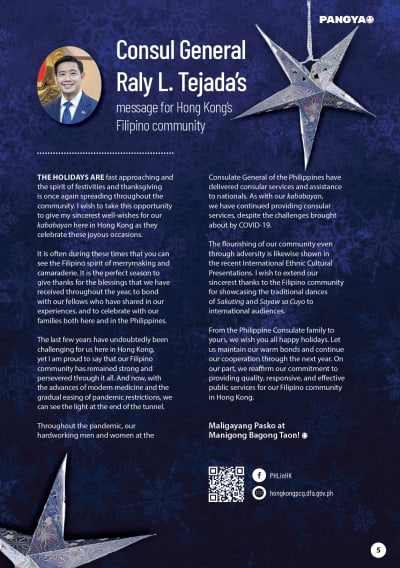




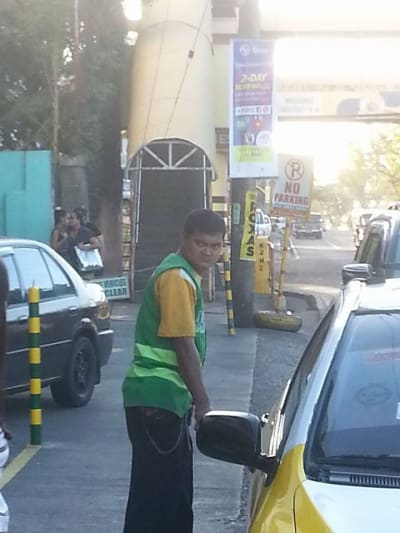










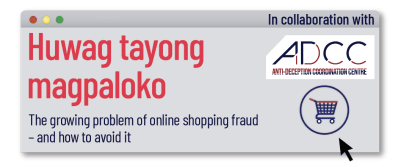

 (1)4b7355993ca6165c683913d00254e725)
6c2435b2dd0927f22b3222b88d21fb70)
